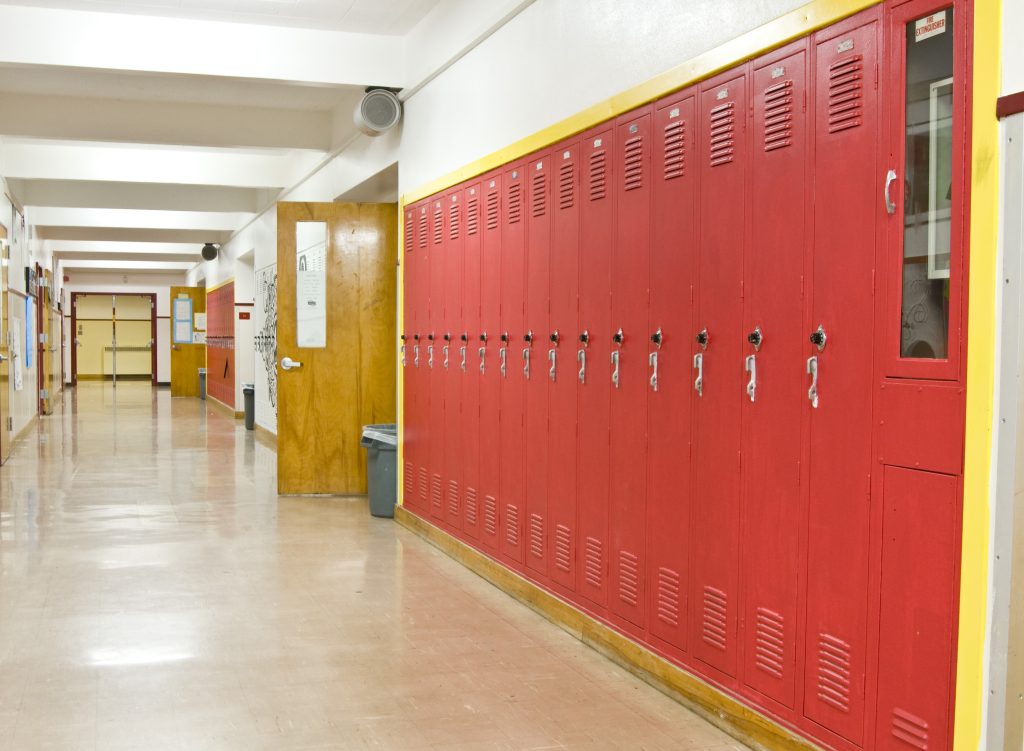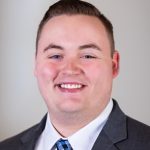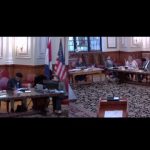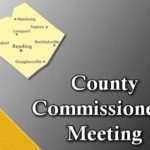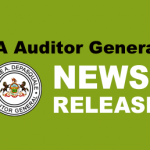Pennsylvania’s landmark school-funding lawsuit enters a new phase today, as petitioners in the case called their final witnesses last week.
After more than two months of testimony from teachers, education officials and researchers, attorneys representing school districts have rested their case.
Deborah Gordon Klehr, executive director of the Education Law Center, called it “momentous” to have the opportunity to change the trajectory for generations of students.
“After over seven years,” said Klehr, “we are finally in court with witnesses who can really testify to the realities that exist in school districts all across Pennsylvania, and show that Pennsylvania’s school funding system is so inequitable.”
The Education Law Center, Public Interest Law Center and O’Melveny law firm are representing the petitioners.
Their final witness, Wilkes-Barre Area School District Superintendent Brian Costello, discussed severe cuts the district has made to programs and staff because of budget deficits.
Nasharie Stewart is a 2021 graduate of William Penn School District, which is a petitioner. She said she’s hopeful for an outcome that leads to adequate funds for future students’ education in the district.
“It’s difficult to have such a system,” said Stewart, “when you have things missing, classrooms that aren’t climate controlled – that are, like, too cold or too hot – and so it’s difficult to focus in those classrooms. And so, funds can definitely go a long way, just ensuring that all students are supported and that students remain a priority in education, as they should be.”
Witnesses testify on behalf of the General Assembly this week, to defend the state’s system of funding public education. They’ll include academics analyzing the connections between per-student spending and achievement, and educators from charter and private schools.
